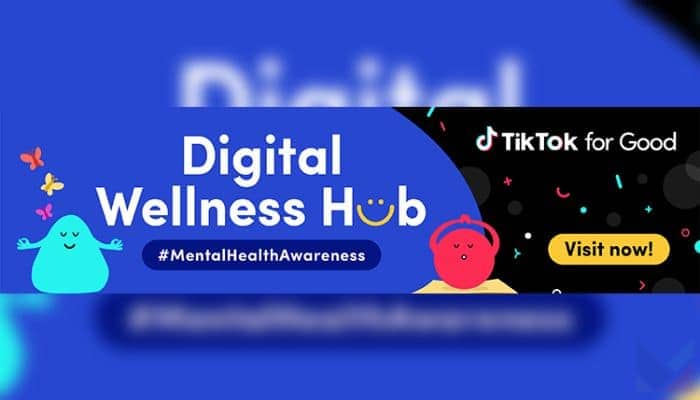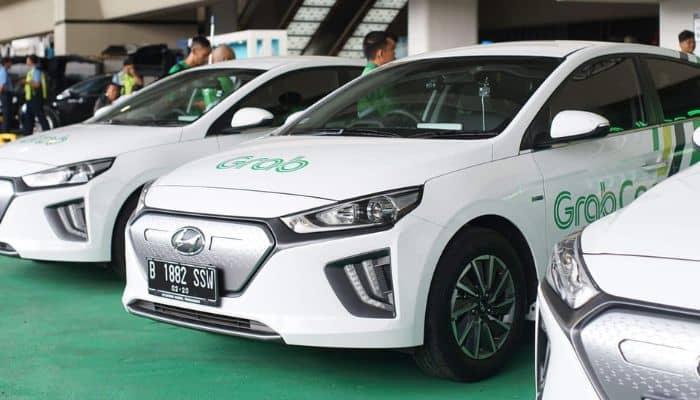Singapore – TikTok is reinforcing its commitment to fostering a safer space for mental health conversations with new educational and inspiring content added to its ‘Digital Wellness Hub’. This was shaped in consultation with experts and mental health advocates as well as with results from a joint survey with market research firm YouGov.
The survey, which was geared towards further understanding local and cross-generational attitudes towards mental well-being, underscored the need for greater mental wellness support ecosystems amongst adults above 18. In particular, it uncovered people’s comfort levels in talking about their own mental health.
The research specifically found that 59% of respondents in Singapore expressed fear that their loved ones would not be able to help if they talked to them about the topic, whilst 64% stated they are afraid that being open about their mental well-being will negatively affect their future prospects at work.
Taking into account people’s current dilemma when it comes to their mental health, TikTok has introduced new content to its in-app ‘Digital Wellness Hub’ – a one-stop portal that anchors all of its educational initiatives around well-being and cyber wellness – to further bolster its mental health offerings to the local community.
Teresa Tan, TikTok’s director of public policy for Singapore and SEA, said, “While significant strides have been made to build and reinforce mental health support systems in Singapore, more needs to be done to help our local community feel less afraid of judgment and more empowered to actively seek help. These safeguards span across all areas, from people in the community, policies, and platforms like ours.”
The newly improved Hub also includes a new ‘Creator Spotlight’ series, featuring local mental health advocates like Adeline Tay, Samantha Ng, Jeannette Qhek, and Nava Neetha, amongst others, to inspire audiences in the community with their personal journeys. Local users will also be encouraged to continue sharing their own stories with the hashtag #mentalhealthawareness.
These initiatives are set to further expand the wellness community on the platform, including non-profit organisation (NPO) partners, such as CARE Singapore, Fei Yue Community Services, Samaritans of Singapore, and TOUCH Community Services, as well as the participants and alumnus across TikTok-driven programmes like ELEVATE and Youth for Good.
The newly-added initiatives will complement existing safeguards in TikTok, including in-app well-being guides that have been developed in consultation with experts, to provide a holistic support ecosystem for all.
“At TikTok, we firmly believe in the power that an inclusive community wields in breaking down stigmas and driving important conversations around mental health. With the continued support of our non-profit partners, we endeavour to keep growing our peer support ecosystem on the platform, providing our wellness creators with safe spaces and resources to express themselves authentically, seek help, and support others,” Tan added.














